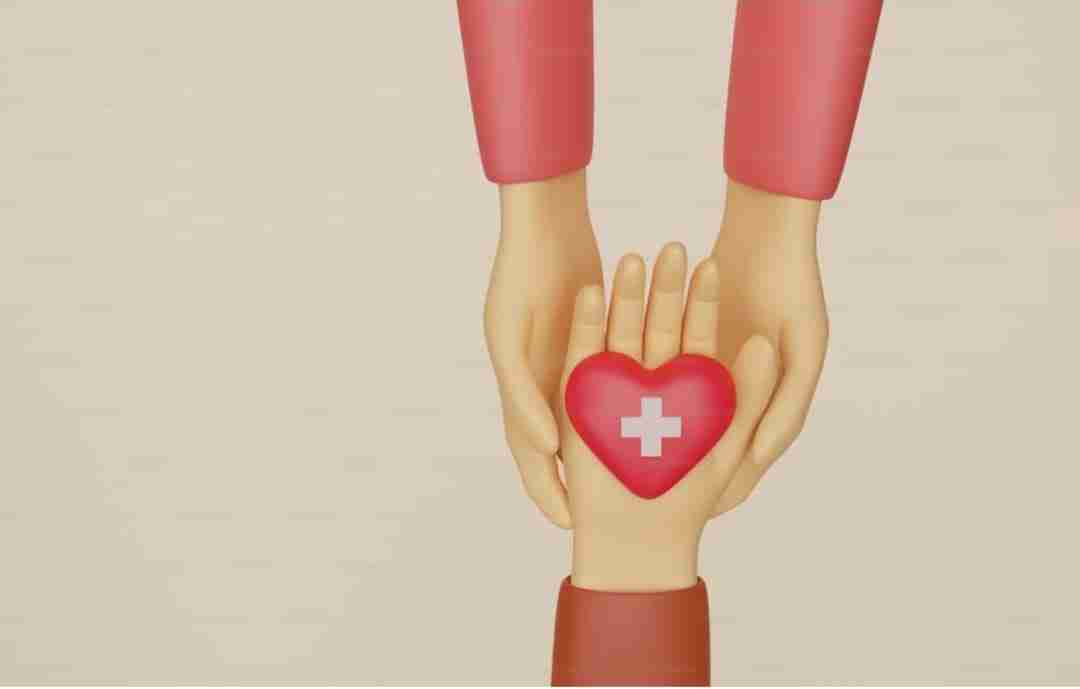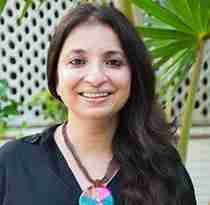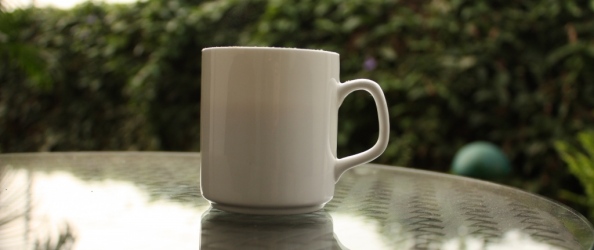Answers to ageing
The years teach much which the days never know.
- So said poet Ralph Waldo Emerson. While it is generally considered that ageing brings wisdom, it is also the harbinger of several changes in life, both physically and psychologically. We spoke to Dr Anil Chawla, our mentor and consultant at Team Silvertalkies to know more about the process of ageing.
- What is ageing?
- Ageing is growing or advancing in age. According to the United Nations, the cut-off point for being called an elderly individual is 60 years, though some agencies believe it should be 65. Although the exact age when ageing starts is not clear, perhaps it starts quite early. Ageing is associated with biological and physiological changes in the body but the rate of progression varies from one individual to another depending on their biology, heredity and adaptability. This is why elderly people are not a homogeneous group and two individuals with same chronological age may significantly differ in their biological age, physical and mental health. For the sake of comparison, the elderly are divided into three groups of Young old (upto 75), Old old (upto 85) and Very old (beyond 85).
- How does it affect a person physically and psychologically?
- Physical effects are the development of age related diseases. An elderly person feels less muscle strength due to inactivity, lack of exercise or improper diet. Psychological changes are dependent on retirement, loss of job and status, loss of income, becoming partially dependent on youngsters in the family, having lot of time at hand and not knowing what to do with it among others. Members of the family are busy and often have no time to talk to their elderly at home. Loneliness and insecurity (physical, financial, health related) are also big factors for the elderly that makes them prone to develop anxiety and depression.
- What are the most common ageing related ailments?
- Musculoskeletal ailments (arthritis of knees, hips and spine), cataract, hypertension and heart disease, endocrine diseases like diabetes mellitus, thyroid disease, obesity and hypogonadism are common. So are respiratory diseases like pneumonia, gastrointestinal problems, bleeding from gut or infections, brain strokes leading to paralysis, anaemia, poor nutrition, prostate problems in men and kidney diseases.
- Is there a way to slow down ageing?
- Yes, with a healthy lifestyle, good balanced diet and regular physical exercise. One can also prepare mentally for the onset of old age by developing interests and hobbies that keep one busy, having a friends circle outside the family and staying engaged in social activities. A spiritual inclination and bent of mind helps too. Age related diseases can be prevented or slowed down by leading a healthy lifestyle from early on. Many diseases are due to vascular and degenerative causes. These can be delayed by keeping blood sugar, cholesterol and blood pressure under control, reducing salt in diet and regular physical exercise.
- What are some of the things one should include in their lifestyle as they age?
- Regular physical exercise, i.e., 30 to 40 minutes of walking at least five days a week. It’s advice to consult your physician before starting on an exercise routine. Muscle power enhancing exercises for different groups of muscles may also be useful. The diet should be low in fat and salt and rich in fibre and include fruits and green vegetables. You also need to keep your social interactions alive and engage in mentally stimulating activities like solving Sudoku, word puzzles, etc.
- What is Geriatric medicine?
- It is a part of General Internal Medicine which deals especially with diseases of the elderly. Old people sometimes differ quite significantly in how their organs handle body waste and ingest drugs. Doses of drugs given to elderly people are often different from the ones given to adults of the same weight. Elderly people may also have multiple system diseases at the same time. Many would be taking the disease as a normal part of ageing and may also delay treatment because there is no one to bring them to the doctor or to give them medicine, so on.
- How do nutritional requirements change with age?
- Nutritional requirements are certainly affected with age because of changes in the oral cavity, e.g., loss of teeth which leads to avoiding vegetables; atrophy of taste buds on the tongue; reduced gastric capacity and intestinal motility. It is advisable to take frequent small meals including fibre in some form. Vitamin and mineral supplements, especially calcium, need to be taken regularly, besides dietary proteins, otherwise they may lose muscle mass, become weak and tend to fall.
- How is a Geriatric physician different from a General Physician?
- A Geriatric physician has to know all these extra features pertaining to the elderly besides knowing about the illnesses in general. He has to be fully aware of the physiology of old age and how it affects the different organ systems. A General Physician who is not dealing with the elderly may not be aware of all these differences and some of these factors could get overlooked.
- Is there any age criterion when a person should start seeing Geriatric physician?
- The age criterion for visiting a Geriatric physician is not very strict but preferably old-old and very old people should be treated by Geriatric physician who is such either through qualification or experience. Because the sub-speciality of Geriatric medicine is not very old, one may not find enough qualified Geriatric physicians. In that case general physicians experienced in treating the elderly are preferred.
- How often should one get a health check-up done by a Geriatric practitioner?
- That will depend on the presence or absence of an obvious disease. In the absence of an overt disease or suspicious symptoms, an annual health check would be advisable.
- What should family members of aged people keep in mind?
- Family members also differ greatly in their awareness of the needs of the elderly, their availability and capability of fulfilling the needs of the elderly even if they are aware. What the elderly need from their young ones most is love and respect. Once these are ensured, taking them to the doctor for regular check ups, giving them medicine regularly, providing their needs at home and outside home, keeping them cheerful and happy comes easy. Family members should be able to take out time for the care of their elderly despite seemingly pressing problems of their own. The practice of putting the elderly in old-age homes should be avoided because the best place for the elderly is at home. Older people deserve that much and the youngsters get their blessings in return.
- (Dr Chawla has 37 years of experience in the medical field. His work has ranged from being a full-time senior consultant in Medicine at IBRA, Oman; Royal Hospital, Oman; Salmaniya Medical Center, Bahrain to being a lecturer-professor at reputed institutes like Oman Medical College; AIIMS and Maulana Azad Medical College in India. He is M.B.B.S, M.D (Medicine-PGI, Chandigarh), M.R.C.P (U.K), F.R.C.P(Glasgow).
Comments

Preeti Jain
20 Aug, 2011
nice perstective on life and ageing, interesting.

Dr Anil Kumar Chawla
19 Aug, 2011
Age like Anna Hazare. A lot about aging is psychological. A great current example of that is Shri Anna Hazare. At 74, one is old enough to say goodbye to the active world around oneself and believe that one is of no use to anyone. That kind of belief will be confirmed to you by the people around you if you listened to them. But Shri Anna Hazare is showing that it is possible to even lead and inspire millions of people and take them along with you. At his age Anna after fasting for three days showed that he could run and has plans to continue the fast for another two weeks. This is simply spiritual strength which makes one fearless. Such kind of things are possible only if one has always felt connected to the whole, if one has not the least trace of self interest left in him or her, if one is pained by others’ pain and wants to do something to alleviate that pain till his/her last breath, if one is goaded by the altruistic principle of living for others till the end of one’s days and his own demands and grievances towards others are least and believes that they will be taken care of somehow. This involves strong faith, religious belief and spiritual strength. The lesson is that as one grows older, one’s emphasis should shift from mere caring for oneself to the good of the whole. And the good of the whole often involves personal sacrifices which one readily undertakes. Living such a life one never feels bad about oneself or anyone; feels positive and energized for action. There is no time for remorse about the past and no time for worry about the future because there is nothing personal anymore. It is me for all. That kind of aging is a reward of a life well lived, well planned and well executed. Each one of us has to live our lives based on some higher principles which make us think broadly beyond the confines of one’s own needs.

Giridhar
18 Aug, 2011
Dear Dr. Chawla, Your posting is very useful because the more we progress as a country, the more older persons we are likely to have, with people living longer. Statistics show that women tend to live longer than men, particularly beyond 75 years. India has a National Policy for Older Persons for some years and it is now being revised. Advancing health and well being into old age is one of 4-5 core areas of this policy. You mention that some amount of spirituality helps. I agree and actually think that this is the core aspect of being happy, contended and peaceful, happy and secure as we grow old. If we depend on an outside source for the above, we will be only deluding ourselves furhter. Ageing gracefully must include an inward journey. I think many things will fall in place when this happens. And ofcourse, all the healthy living tips you have given are essential but a more prepared mind will gothrough them with pleasure and thereby increase benefits derived from them. Giridhar
You may like to read:

Health and wellness
Five Lifestyle Changes To Ease Bladder Control

jessica smith
5 mins read

Health and wellness
Five things to keep in mind when considering organ donation

sunayana singh, ceo of organ india, an initiative of the parashar foundation
3 mins read

Health and wellness
How NURA Uses AI-Enabled Screening to make a difference in Preventive Healthcare

Silver Talkies
4 mins read

Post a comment